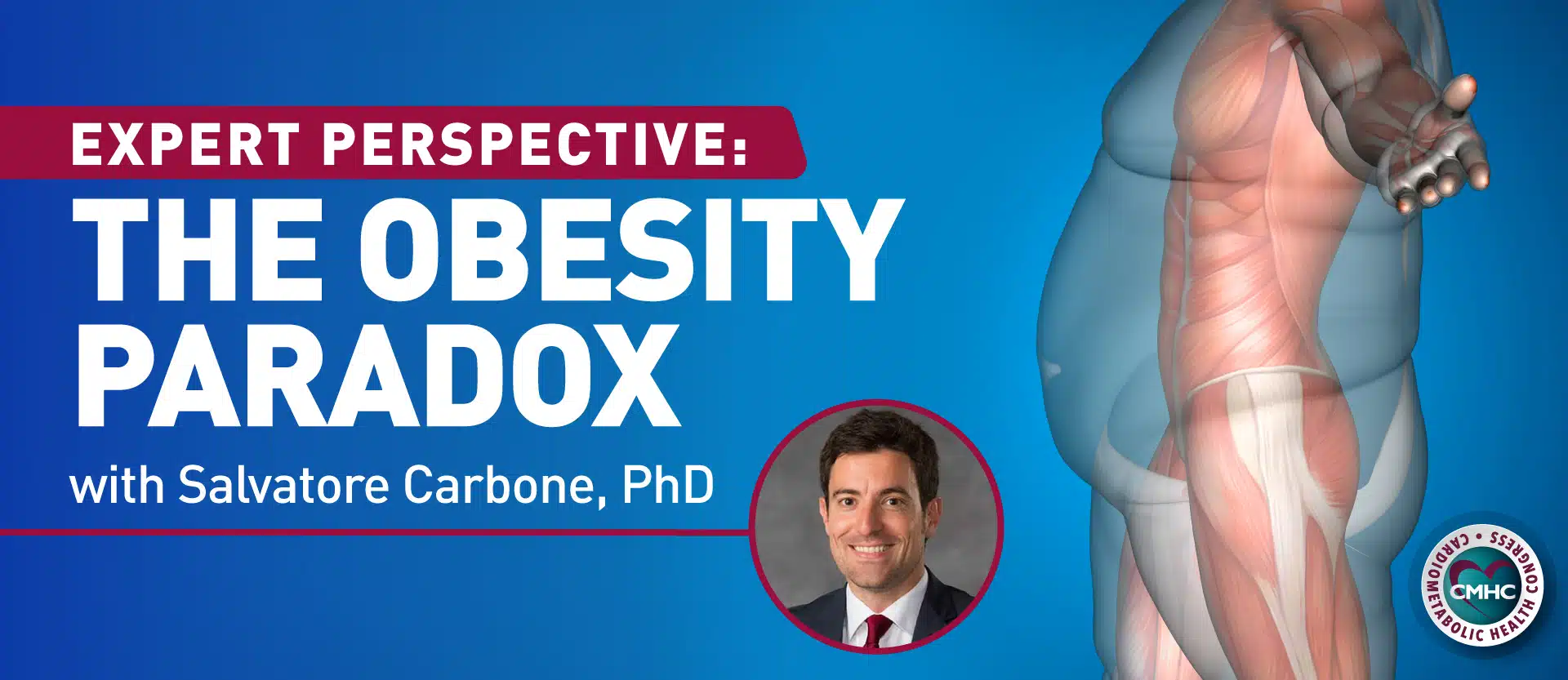Despite the well-known fact poor nutrition is a major contributing risk factor for chronic diseases, medical schools are still failing to adequately prepare healthcare professionals for nutrition challenges in clinical practice.
It has become a well known fact that poor nutrition and lifestyle choices play a large role in the development of most chronic conditions, including cardiovascular and metabolic diseases – and cardiometabolic conditions such as diabetes and obesity continue to accelerate at an alarming pace. Yet, the teaching of nutrition in most US medical schools has been recognized for decades as being inadequate. How can healthcare professionals (HCPs) effectively treat their patients without proper education to recognize and treat the nutritional root causes?
HCPs themselves have expressed frustration with the status quo. In cases where patients are overweight or obese, for example, HCPs may have become better at informing them their body mass index (BMI) is too high, but many admit that beyond that, they don’t know exactly what to tell patients to do to lose weight. The reasons for this vary: some say they just don’t have time, others say they struggle with being overweight themselves and are uncomfortable bringing it up to their patients, and many just haven’t received any training at all. Some HCPs also admit they have less respect for patients with higher BMIs, yet another indication that obesity needs to be accepted as a disease and not something that is the fault of the patient. The CDC recently reported that during obesity-related medical visits, diet and nutrition were discussed by physicians one-third of the time. In 60% of visits specifically for obesity, patients received no advice at all. Survey results have also shown that only 14% of medical residents felt prepared to provide nutrition guidance to patients, and there is no indication that HCPs are making up for this lack of preparation in medical school later on through additional nutrition instruction.
Despite the recommendation by the National Research Council for 25 to 30 hours of nutrition education in the undergraduate medical curriculum, most medical schools are falling far short, with an average of just 19 hours of nutrition instruction. It is believed one reason nutrition education is so insufficient is due to a lack of qualified instructors, with nutrition education commonly delegated to faculty without any professional training or formal qualifications in nutrition.
Until more medical schools are willing to integrate topics in nutrition into their curricula, HCPs today must take their own initiative and make an effort to educate themselves so they will be able to address nutrition-related challenges in their patients and use nutrition as an effective healthcare tool. To that end, the 11th Annual Cardiometabolic Health Congress, taking place October 5-8, 2016 in Boston, MA, will be featuring Nutritional Interventions in Clinical Practice: What Every Provider Needs to Know. On Wednesday, October 5, from 7:00 – 8:30 pm, presenter Dr. Stephen Devries, Executive Director of the Gaples Institute for Integrative Cardiology, will:
- provide an overview of diet for the primary prevention of conditions such as CVD and diabetes
- discuss diet as an adjunct for the treatment of established disease
- explain how to overcome obstacles to nutrition counseling in a busy practice
- describe the use of rapid dietary assessment tools
- provide strategies to implement one nutritional intervention at a time
Additionally, Dr. Devries will describe how to apply motivational interviewing techniques to increase patient engagement and assist them with nutritional goal setting. He will also explain the importance of “preaching what you practice,” as HCPs themselves should be demonstrating self-care as a means to enhance lifestyle counseling.

















